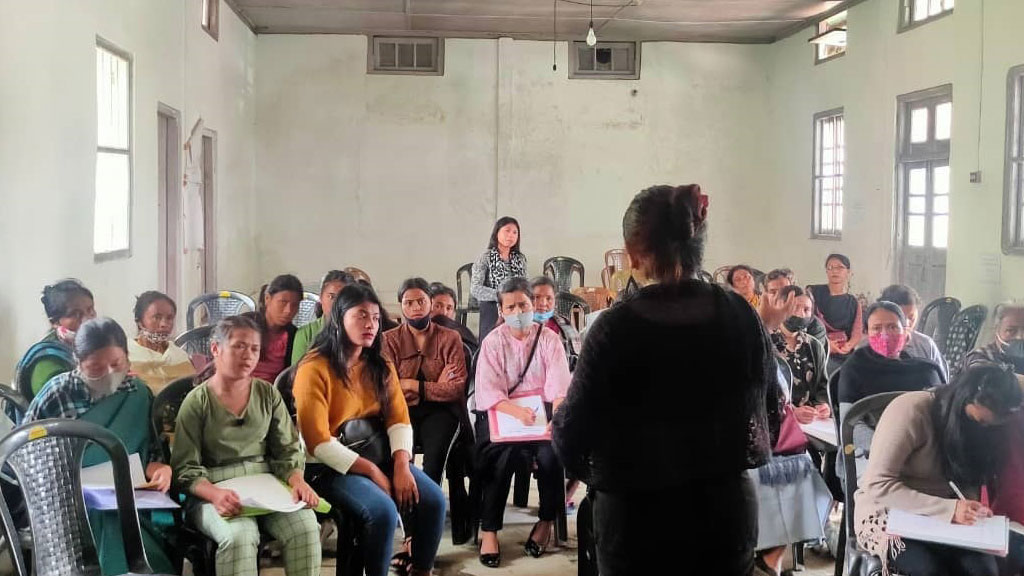Introduction:
In the pursuit of a more equitable and inclusive society, Corporate Social Responsibility (CSR) has emerged as a driving force for education and skill training. This blog delves into the transformative influence of CSR on skill training, exploring how initiatives are breaking barriers to ensure education for all.
The Inclusive Vision of CSR in Education:
Corporate Social Responsibility is increasingly becoming a champion of inclusivity in education. Companies are recognizing the importance of extending their reach beyond traditional philanthropy to actively contribute to skill training initiatives that benefit diverse demographics, regardless of socioeconomic background.
Targeting Underprivileged Communities:
One of the hallmark features of CSR in skill training is its focus on underprivileged communities. By strategically targeting areas with limited access to quality education and training, companies aim to bridge the educational divide and empower individuals who might otherwise be left behind.
Supporting Non-Traditional Learners:
CSR initiatives in skill training go beyond traditional educational pathways. They recognize the value of supporting non-traditional learners, such as adult education programs, vocational training, and reskilling initiatives. This approach ensures that education is not restricted by age but is a lifelong pursuit accessible to all.
Building Infrastructure and Access:
CSR’s influence extends to building educational infrastructure in underserved regions. Whether through the establishment of training centers, collaboration with existing educational institutions, or providing technological resources, companies are actively contributing to the enhancement of educational access for all.
Digital Inclusion:
In the digital age, CSR initiatives are leveraging technology to foster education for all. Online learning platforms, digital resources, and connectivity initiatives are integral components of skill training programs. This digital inclusion ensures that individuals, regardless of their geographical location, have access to quality education.
Empowering Women Through Education:
Gender equality is a key focus of CSR-driven skill training. Initiatives often emphasize the empowerment of women by providing education and skills that open doors to employment and entrepreneurship. This not only contributes to individual empowerment but also promotes diversity and inclusion within the workforce.
Tailoring Programs to Local Needs:
Successful CSR initiatives in skill training take into account the unique needs of local communities. This involves collaborating with community leaders, understanding regional challenges, and tailoring programs to address specific skill gaps. The result is a more culturally sensitive and impactful approach to education for all.
Sustainability Through Community Engagement:
CSR’s influence on skill training extends beyond the immediate implementation of programs. Sustainable impact is achieved through community engagement. This involves active participation and collaboration with local communities, fostering a sense of ownership and continuity in education initiatives.
Measuring Social Impact:
A key aspect of CSR’s influence on skill training is the commitment to measuring social impact. Companies track metrics such as the number of individuals trained, employment rates, and community development indicators. This data-driven approach ensures accountability and enables continuous improvement.
Conclusion:
Education for all is not just an aspirational goal but a tangible reality being shaped by CSR initiatives in skill training. By actively dismantling barriers to education, fostering inclusivity, and tailoring programs to diverse needs, CSR is playing a pivotal role in creating a world where every individual, regardless of background, has the opportunity to access quality education and skill training.
- By admin

